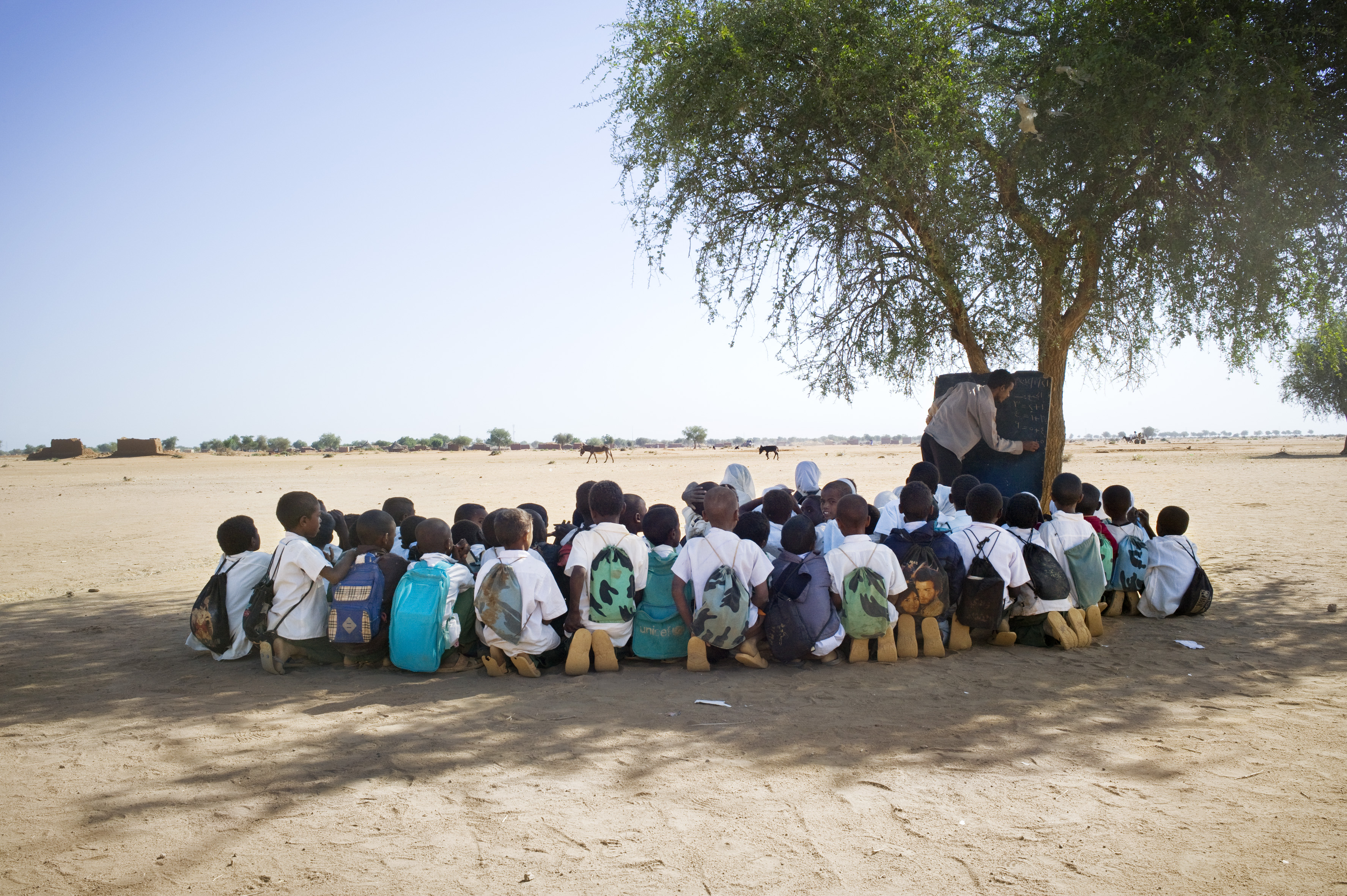
Policies
Research on Improving Systems of Education (RISE) Programme
Context and Issue
School enrollment has increased globally over the years, although in many developing countries, millions of kids complete several years of schooling without basic learning foundations. Scarce resources, mismatched education systems and inadequate teacher support are some of the factors that compound this learning crisis. The Research on Improving Systems of Education (RISE) program examines these issues by examining how educational systems could address such crises towards better learning outcomes for children generally.
Solution
RISE is a worldwide research endeavour that originated on 17th January 2014 with each Country. Research Teams from seven nations, including Ethiopia, India, Indonesia, Nigeria, Pakistan, and Vietnam, produced original works. The purpose is to ensure the coherence and effectiveness of education systems within these contexts to support student learning. This consists of Country Research Teams (CRTs), Political Economy Teams (PETs), Intellectual Leadership teams (ILT), RISE Fellows, and the Directorate, among others. This means there are CRTs led by prominent Principal Investigators who make new knowledge on the educational systems of these seven countries that form the pillars of rise, notably Ethiopia, India, Indonesia, Nigeria, Pakistan, Tanzania and Vietnam. By examining local institutions and politics, PETs can understand how it affects changes in implementation decisions within them. The charge of the ILT is to offer thought leadership, research advice and scholarly assessment of education systems by producing working papers or insights. On the other hand, regardless of nationality, RISE Fellows invited presenters to create their documents on themes with more country-specific content or innovative methodologies. Also, it will aim to make general policy recommendations for global audiences based on synthesised ideas and research by the Directorate, which leads the research programme together with Oxford Policy Management and the Blavatnik School of Government based at the University of Oxford. Therefore, through joint research, they carry out detailed analyses and stakeholder engagements that inform education policy at all levels.
Impact
The RISE project has placed an emphasis on substantially raising basic learning outcomes across the educational systems of developing nations. Out of the total amount allocated to this program (£37,660,842), £37,268,448 = 98.96% have so far been spent effectively conducting in-depth studies that entailed coming up with high-level strategic recommendations. These recommendations, such as the need for more student-centred learning approaches and the importance of teacher training, have been instrumental in shaping education policies in the countries involved. According to records from its 2023 report, we establish that RISE has published close to 500 pieces in writing over the last eight years, including 110 original research papers and 301 insight notes, as well as blogs among others, amounting to 500 written outputs since 2015 which have been referenced about 600 times by scholars. Since 2015, the program has generated over 776 interactions through national and international networks. In addition, the project organized ninety-two events, seven being physical conferences, one online conference, and fifteen public webinars; also besides having a Community of Practice among one hundred organizations from thirty different countries spanning six continents. In line with the decrease in quality experienced by certain nations over an extended period and the great disparities that still exist among people from different socio-economic groups in terms of education, the RISE program has found that using computer-tailored teaching, a method of instruction that adapts to the individual needs and learning styles of each student, has proved very effective. In fact, it is this cross-cutting use of computer-tailored instruction which forms the rationale for RISE as a concept—shaping child-centred pedagogy and overcoming systemic inconsistencies, thereby improving educational systems for scores of children in poor countries.
Analysis
The Research on Improving Systems of Education (RISE) Programme has reacted effectively to these dire challenges faced by educational systems in less developed nations through an all-inclusive research design with global coverage, hence providing evidence-based policy advice. For instance, despite facing execution modalities, sustainability issues or disparities in educational access, RISE plays a crucial role in increasing learning outcomes. Its principles of system coherence or using data for making decisions in policy extend far beyond mere geographical location because they are relevant in addressing the gap between the rich and the poor students and necessary for performance improvement even within developed countries.












